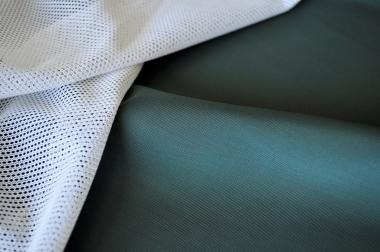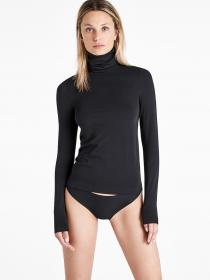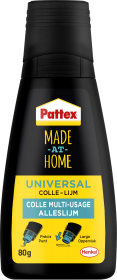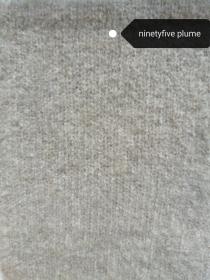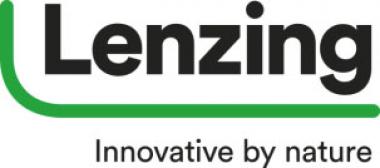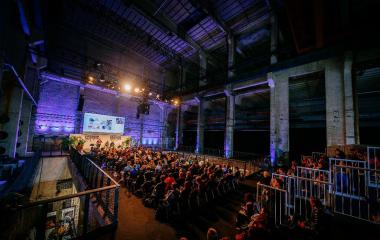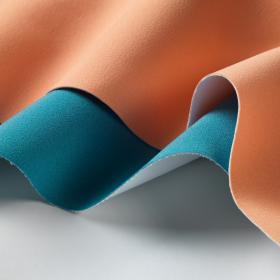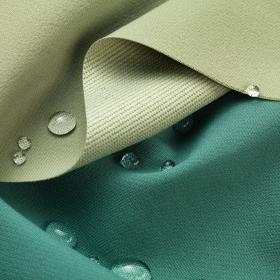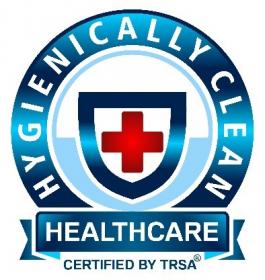The North Face öffnet spektakulären Pop-up im Hochgebirge
- Startschuss für das Pinnacle Project
Der Eröffnungsabend des allerersten The North Face Stores war ein denkwürdiger Moment. Am 26. Oktober 1966 drängte sich eine bunte Mischung aus Punk-Kletterern, Modefans, Aktivisten, Promis und Beatniks aus der Umgebung in einem kleinen, bescheidenen Outdoor-Ausrüstungsladen an San Franciscos North Beach zusammen. Ein paar wohlgesonnene Biker fungierten als Türsteher, während die Menge ein spontanes Konzert der Rocklegende Grateful Dead genoss. Das war die Geburtsstunde des Spirits von The North Face.
Mehr als 50 Jahre reizt The North Face in Gedenken an jenen Abend die Grenzen des Outdoor-Abenteuers weiter aus: mit der Eröffnung eines spektakulären Pop-ups auf 2100 Meter Höhe inmitten der Dolomiten.
Der Pop-up liegt im Val San Nicolò in den italienischen Alpen und ist nur zur Fuß erreichbar. Eine zweistündige Wanderung erwartet alle, die hier begehrte Sammlerstücke erstehen möchten, die einmal berühmten Abenteurern wie Alex Honnold, Conrad Anker, Simone Moro oder Caronline Ciavaldine gehörten. Acht Taschen und Jacken, getragen von The-North-Face-Athleten bei ihren OutdoorSternstunden, wurden liebevoll aufbereitet und mit einer Widmung des ursprünglichen Trägers versehen, um den neuen Eigentümer daran zu erinnern, dass überall das Abenteuer warten kann.
Der Pop-up öffnet seine Türen für zehn Tage, in denen Abenteurer die Gelegenheit haben, die geschichtsträchtigen Stücke zu sehen, bevor sie versteigert werden. Der gesamte Erlös kommt dabei den Bergen zugute. Das Projekt ist ein Verweis auf die Wurzeln von The North Face und wird Bergfreunden auf Jahre hin als permanentes Biwak dienen.
Die Eröffnung des Berg-Pop-ups ist auch Startschuss für das Pinnacle Project von The North Face: eine bunte Mischung aus Live-Events im Zeichen von Outdoor, Mode, Design und Musik für Abenteurer, Querdenker und andere Rebellen. Das Pinnacle Project kommt im Herbst auch nach Berlin und Manchester, wo limitierte Kollektionen für Großstadtabenteurer angeboten werden.
#NeverStopExploring
The North Face, Bekleidung, Abenteuer
crystal communications GmbH













